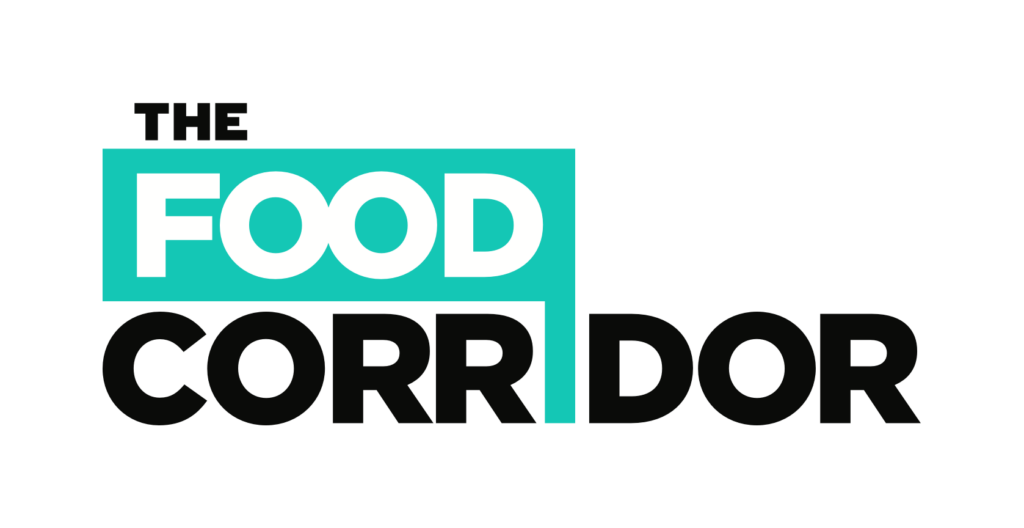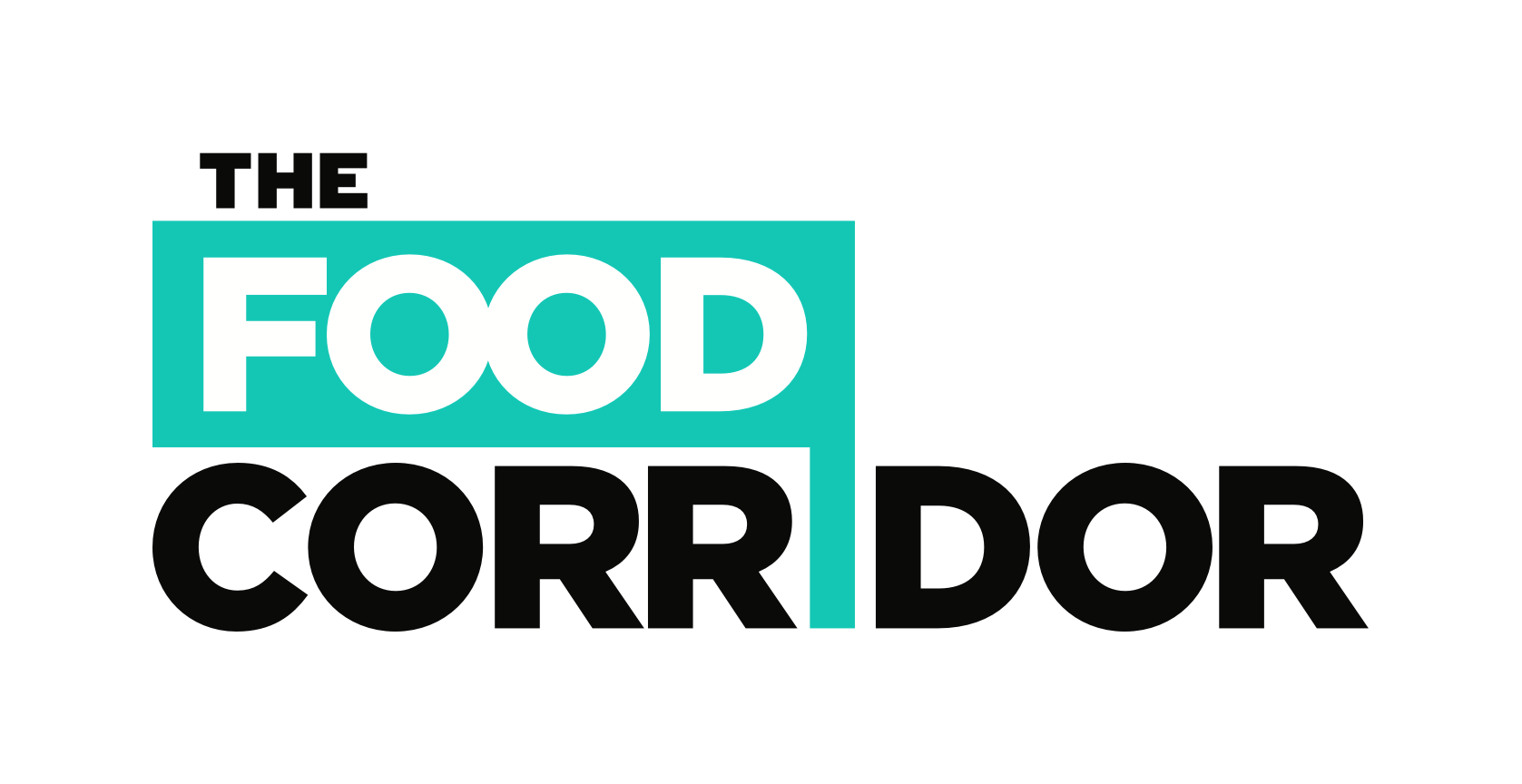It’s that time of year! With the holiday season near, food businesses may start knocking at your door and inquiring about tours and applications. Regardless of a client’s skill level or previous shared kitchen experience, they should go through a kitchen onboarding process when becoming a client of your kitchen. Your onboarding process encompasses the sales, screening, and client-education activities that motivate clients to sign up while also laying the foundation for an effective working relationship. Establishing an onboarding process will make the rental process run more smoothly and establish clear expectations about behavior, kitchen use, and policies. The time it takes a prospective client to go from initial inquiry to first booking may take weeks to months, depending on your process, and their readiness and motivation.
Kitchens vary in the order of steps in their onboarding process. Some kitchens hold regular open houses or offer tours on-demand. Others screen applicants through intake forms or phone calls before inviting them to the kitchen. The process you design will reflect your brand, the amount of staff you have, the level of demand for your facility, and your rental criteria. Kitchens eager to sign up clients or looking to attract community and special uses may prefer an open-door or on-demand intake process to advance their marketing goals.
Kitchens that have more selective criteria due to mission, grant requirements, or business stage targeting, may prefer to pre-screen prospective clients to ensure they meet the facility’s requirements. Some programs will even limit the application period to a couple times per year. Spice Kitchen, for example, has a multi-step acceptance process that involves completing an application, attending an orientation, interviewing to share product and business plan, and a meeting to review documents. Because of the work involved in processing new applications, some kitchens collect an application fee and/or require a deposit before signing up new clients.
Kitchen Tour
A tour of your facility is often the first step to see if the client and your facility are a good fit. The client will want to know if you have the space, storage, equipment, availability, procedures and services, and mission and culture that align with their needs. The tour often functions as an informal interview for both of you. From the kitchen’s perspective, this is a good chance to answer key questions such as:
- What stage of business are they in and what are their business goals?
- Do they meet our acceptance criteria and rental requirements?
- Do they align with our kitchen’s mission and goals?
- Will the client get along with current clients and contribute to the kitchen’s culture?
- What is their production process and is their food product a good fit?
- Does the kitchen have the space, equipment, and availability they need?
- Do they need services or outside referrals to meet their goals?
Application or Intake Form
Some kitchens prefer to gather the initial screening information through an intake or application form completed before or sometimes after the tour. This can be a written application or an online form used to ensure they meet your requirements and would be a good fit for your kitchen.
Common intake or application information:
- Application date
- Food business name
- Name, email, phone, and mailing address of primary and secondary contacts
- Business address (if different)
- Emergency contact
- Driver’s license numbers (or other identification) of primary and secondary contacts
- Business stage
- Number of employees
- Incorporation status
- Employer Identification Number (EIN)
- Sales tax license number
- Licenses and permits
- Food safety training and certificates
- Food business type
- Description of product(s)
- Where products are currently being produced
- Storage needs, type and amount of space (dry, cold, freezer, special equipment storage)
- Equipment needs
- Estimated time in kitchen required (hours per week or month)
- Days of the week and times the client wishes to use the kitchen
- Production goals (number of units per production run)
- Business goals
- Current sales channels
- Services, support or resource needs
- Demographic or baseline data (see below)
Some kitchens may also also wish to check references and run background and/or credit checks.
Collecting Outcome Data
Nonprofit and incubator kitchens often collect demographic and business data needed to evaluate whether they are meeting their mission and to report outcomes to funders and stakeholders. It is a good idea to collect this during the intake process so you have baseline data for measuring the impact of your program over time.
Demographic data often includes things like gender, race, ethnicity, immigration, language(s), income/assets, household composition, education, and public benefits received. Baseline business data often focuses on years in business, revenues/profits, sales channels, training, previous businesses, capital raised, business plans, and goals. Reflect on your kitchen’s mission, expected outcomes and funding requirements to determine which information you need. La Cocina’s application provides an example of a comprehensive data collection effort aimed at qualifying applicants for incubation as well as reporting on mission-related outcomes.
If you are asking for any sensitive data, explain why the information is vital to your mission and how you will use the information. Include a confidentiality statement on the form and be sure to safeguard their privacy when storing and reporting data. If you will be requesting information on a recurring basis, such as annually for outcomes reporting, explain these requirements during the onboarding process so there are clear expectations for the future.
Requesting Documents
Completing the intake process usually involves collecting client documents, a security deposit, and signing the user agreement (also known as an operating, rental, membership, or services agreement). The basic documents that most shared kitchens require the client to have are:
- Business license
- Proof of liability insurance
- Food handler or manager certification (most common being ServSafe)
- Food license or permit for their product (usually issued after inspection)
- Application or intake form
- Form of identification (for example, copy of driver’s license)
- Copy of business license
- Food Handler/Manager Certification
Here’s more information on rental documents and managing document compliance in your kitchen.
Orientation
Once the intake process is complete, it is a good idea to provide a comprehensive orientation and kitchen walk-through to the new client. This is a good time to go over your kitchen’s policies and procedures, discuss cleaning standards, set expectations for proper use of equipment, cleaning supplies, food storage, and waste management, and discuss kitchen culture and communication. Subsequent trainings may be needed, depending on how complex your kitchen’s operating procedures are.
Additional Resources:
- Shared Kitchen Toolkit – Read more in this free guide to starting a new shared-use or incubator kitchen and managing the operations of it. It provides an overview of emerging kitchen models and highlights opportunities to expand their community impact and enhance financial sustainability.
- Operations Manual – Check out the most comprehensive set of policies and procedures out there – based on the most successful shared kitchens in the industry. It’s an out of the box solution that will help you run your kitchen like a seasoned pro!
- The NICK – Engage with this very active & niche engaged Facebook group for shared kitchen operators to offer and ask each other advice.
- Onboarding Timeline – We make it as easy as possible for you to start customizing your TFC account so you can begin streamlining how you manage your kitchen. Use this worksheet as a guide while you complete the steps in the onboarding process!


